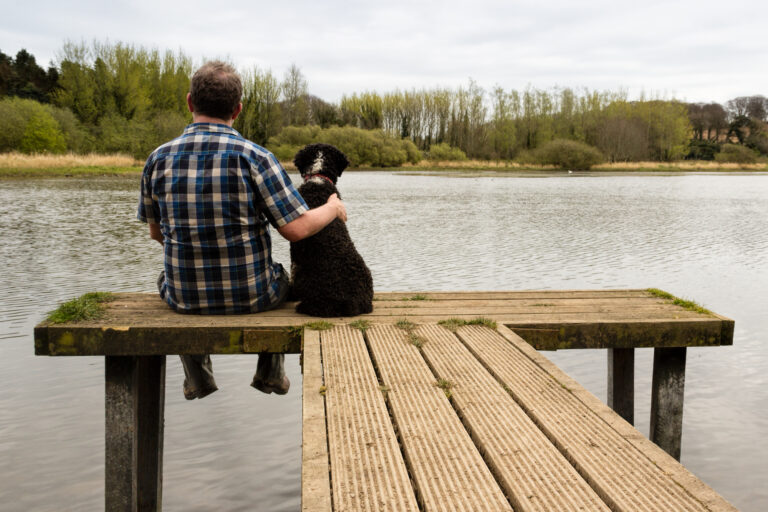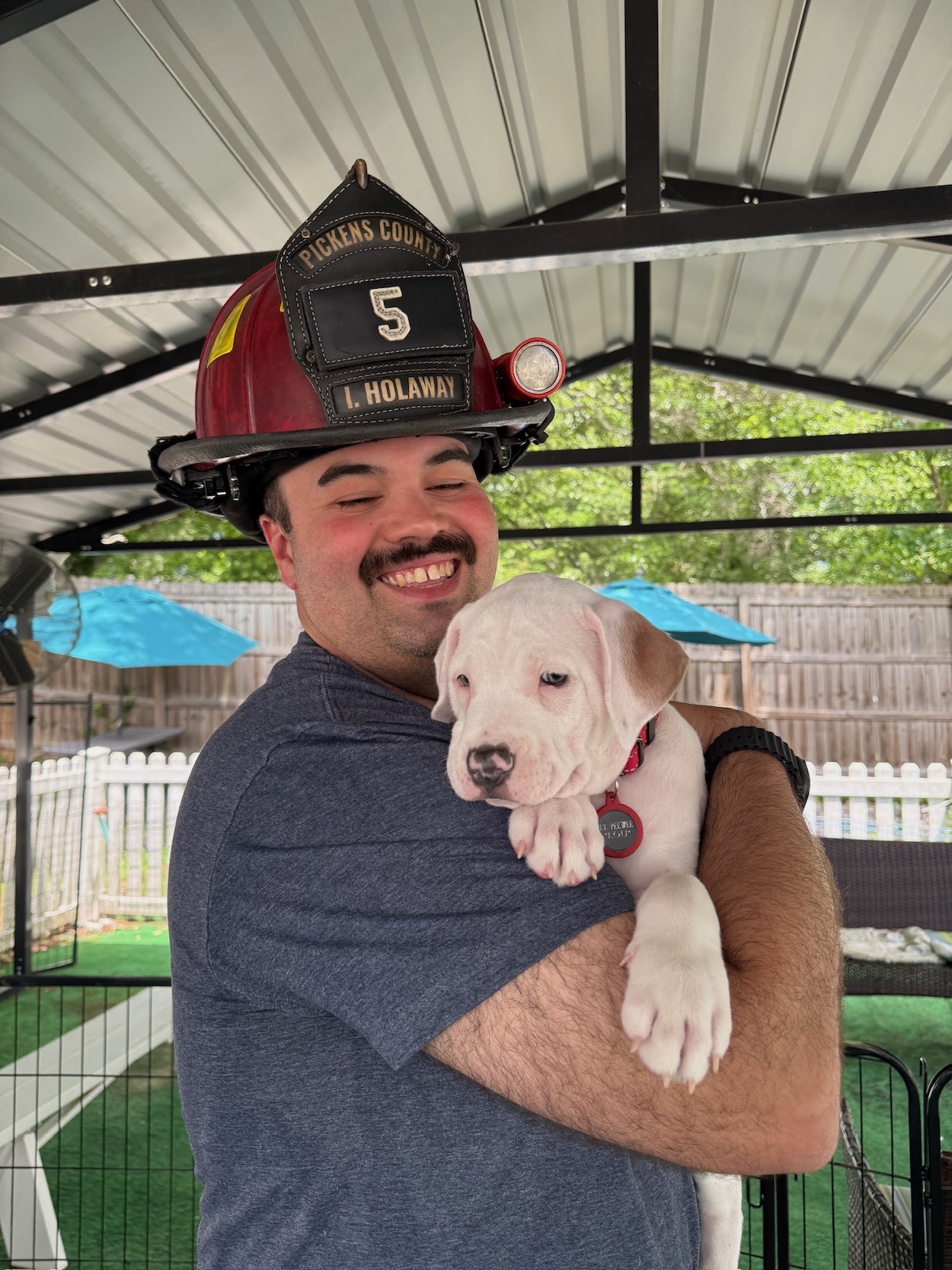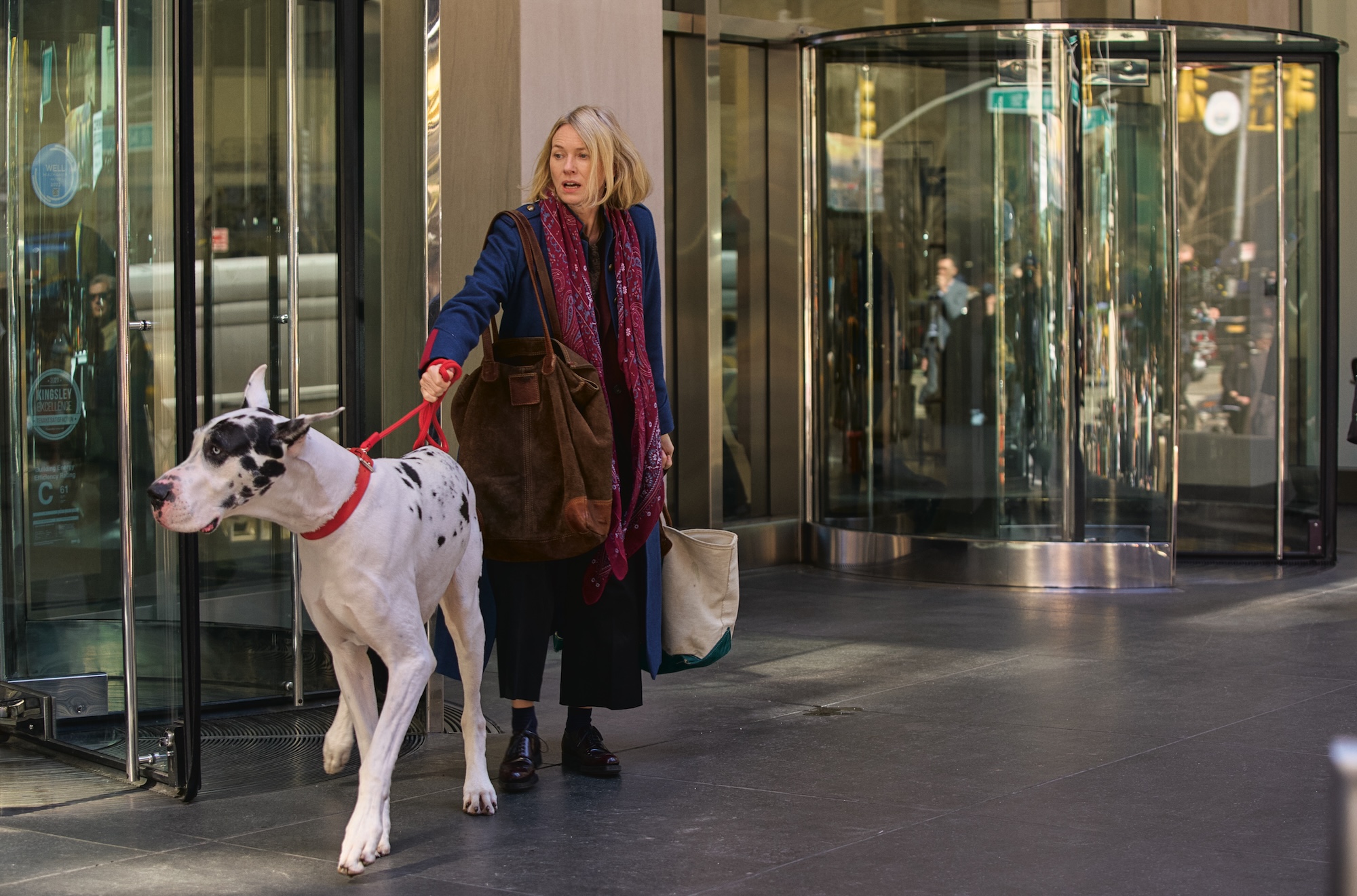Anyone who loves dogs knows how painful it is when a beloved companion dies. Whether it’s a sudden death, or an expected passing after a long illness, you can never prepare, or truly be ready for it. The loss can be crushing, and that is understandable given the powerful bond we have with our pets, assures Dr. Nancy Curotto, a clinical psychologist who runs a pet loss support group at the PAWS adoption center in Chicago.
“Our pets are witnesses to our lives. They’ve witnessed everything. So they are sometimes closer to us than our siblings, our partners, or our family members,” she says.
The Farmer’s Dog spoke with Dr. Curotto for advice on how dog parents can deal with the grief that accompanies the death of a cherished dog.
Tell people about your loss
Losing a dog is a difficult journey to go through, and you don’t need to go on that journey alone. Reach out for support from your friends and family. Some people who have lost pets have difficulty talking about it. They can’t get the words out. It’s just too painful. For those who can’t just pick up the phone and call a friend, Dr. Curotto advises them to share their loss via social media, email or text. “Sharing will help you feel connected to others, and your friends and your family can support you,” Dr. Curotto says.
Join a pet bereavement support group
You can also seek support from other people who are also going through the grieving process. There are pet bereavement support groups all over the country led by therapists who provide a safe and structured atmosphere for sharing and offer supportive guidance.
Your veterinarian can likely recommend a local pet loss support group. If there isn’t an in-person group in your area, join a virtual support group. “I can’t tell you how many people are able to attend our support groups virtually,” Curotto says. “They don’t have to drive an hour to get here. They can just click on Zoom, and they’re receiving support.”
Fill empty moments with treasured memories
The loss of a dog brings about what Dr. Curotto calls empty moments. An empty moment could be walking into your home expecting to see your pet come up to greet you, or waking up in the morning and feeling like you need to make your dog’s breakfast or fill her water bowl even though she is gone. When you experience an empty moment, fill it with a cherished memory of your dog. Dr. Curotto recommends buying a digital frame and uploading your favorite photos of your pet, reminding you of the happy times you had together.
Grieving takes the time it takes
The time spent grieving is one of the main topics at the pet loss support therapy group Dr. Curotto facilitates. Newcomers to the group say they’ve been grieving six months, a year and longer, and they feel uncomfortable about that because they have friends or family members who are worried for them.
They soon learn that their peers in the group have been grieving, one, two, five years and still miss their pets, Dr. Curotto says. “Normalizing that grief is a process not to get over, or to cope with, but to grow through is important,” she stresses, noting, “With grief in general people want to prescribe a timestamp. Grief does not have a timestamp. It can’t be dictated by anyone, even yourself. If you tell yourself, ‘I should get over this,’ you’re not honoring that part of yourself that still needs to experience the memories and how sad it feels, how sad you feel because of your loss.”
The five stages of grief
You’ve likely heard there are five stages of grief: denial, bargaining, anger, depression and acceptance. You might not go through them in that order, but you need to be open to experiencing all of them so you don’t get stuck.
Dr. Curotto remembers a 70-year-old woman who lost her pet when she was a teenager. The woman took part in a pet loss support group Dr. Curotto was running at a church. “She said, ‘I can’t tell you how this group has helped me because I thought I’d moved on. My pet died when I was 15, and I never allowed myself to feel or think about it. I didn’t allow myself to remember the memories, and I never had another pet. I’m angry now, and I’m sad.’ ”
“So these stages of grief have a great impact when we don’t go through them,” Dr. Curotto says. Again, allow yourself to experience all your feelings.
Have a memorial service
Gathering people who also loved your dog to celebrate her life can be a helpful part of the healing process. You can even have a virtual memorial hosted by The Association for Pet Loss and Bereavement, and friends and family can write and share their memories of your dog in an online forum.
Having a memorial would also be helpful to others who loved your dog, too. “I think that we often don’t think about our pet’s impact on the community. Some people look forward to seeing you walk your dog, or your cat sitting in the window every day,” Dr. Curotto says. “Thinking of loss as a larger system sometimes helps the grieving person.”
The big question: When is it appropriate to love another dog?
Some people can’t bear the thought of bringing another dog into their home for months, sometimes years, after the loss of a pet, feeling like they need time to mourn. Other people go out and get another dog within a few weeks.
What should you do? It really depends on you and what you feel is best for you.
One thing to think about: If you do choose to adopt a pet sooner rather than later thinking it will curtail your grief, it won’t, according to Dr. Curotto. “If you’re thinking you’re going to ‘replace’ a pet, that’s not the best time to adopt another pet. But if you’re going to bring in and make room for that pet while you’re grieving, it can actually add to your healing because these experiences of giving love and caring for another pet can remind you of how much you cared and loved your past pet,” Dr. Curotto says. “It brings up beautiful, positive feelings of, ‘I have love to give, and I have love to receive.’”





